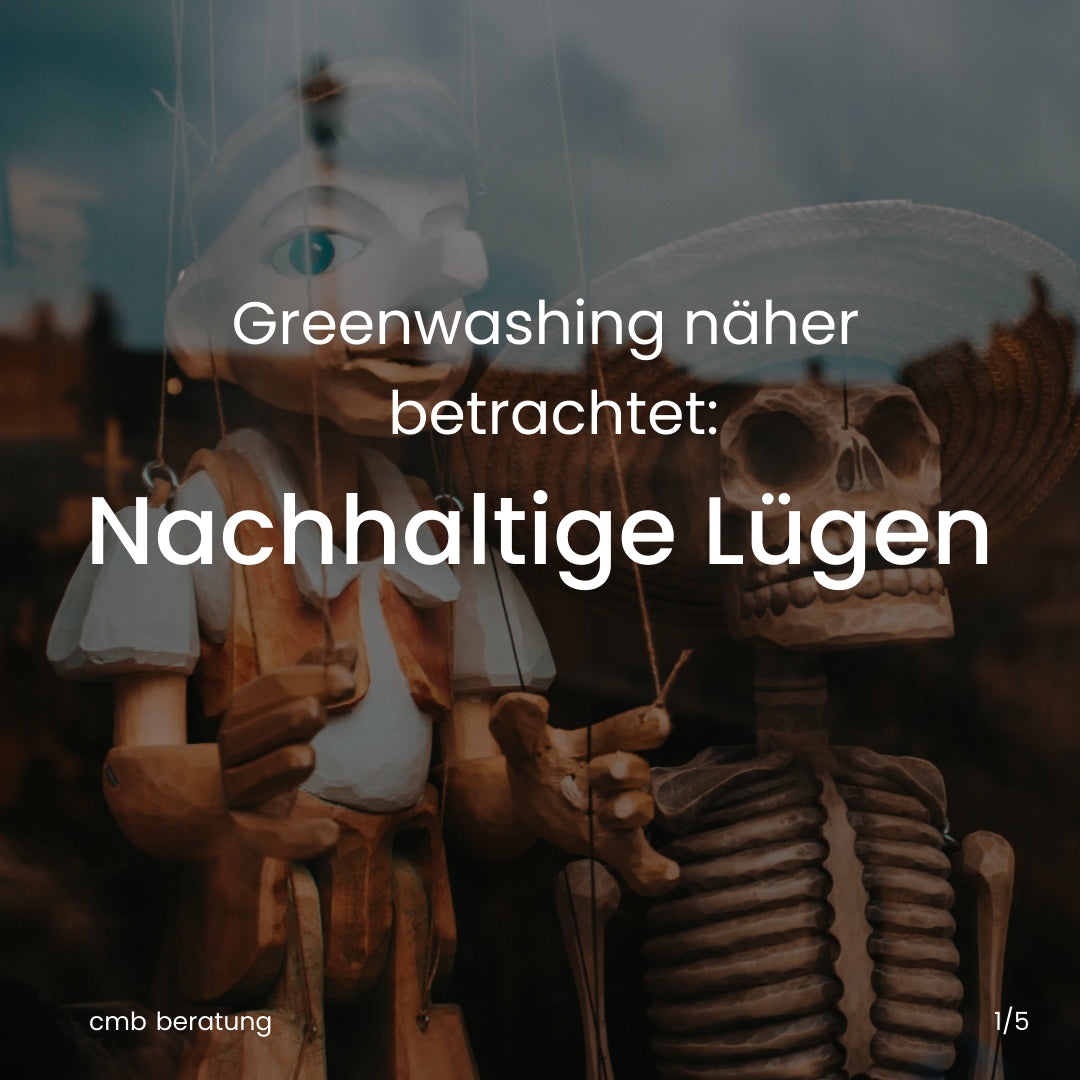Sustainability is no longer a niche topic – it has entered the mainstream. And with it, the marketing promise of "sustainable." But where demand grows, so does the need to fulfill expectations – sometimes, unfortunately, only on paper. This is precisely where the problem begins.
The fast way to a green brand
As soon as the topic of sustainability had become established in the public consciousness, many brands began to portray themselves as green. What is often missing, however, is real change. They advertise, label, and emphasize values – but don't act. And that's precisely what greenwashing is.
These aren't just isolated cases. Studies show that greenwashing is a widespread problem.
What numbers show
A 2023 proposal by the European Commission brings clarity: More than half of all environmental claims examined (53.3%) were "vague, misleading, or unsubstantiated." Almost 40% of them could not even be substantiated.
This has consequences: Many consumers simply no longer trust claims like "sustainable," "environmentally friendly," or "greenly produced." The multitude of labels doesn't make things any easier either – comparability is lacking.
What needs to change
Consumers need guidance. And they need transparency. Trust in sustainability cannot be destroyed by empty promises. Therefore, we need clear legal regulations – but also companies that take responsibility themselves.
Transparent, comprehensible and verifiable information is not an extra, but the basis for true sustainability.
What BREDDY'S stands for
At BREDDY'S, we don't work with fake solutions, but with substance: durable materials, short delivery times, and honest communication. We don't need to make big promises – our products speak for themselves.
Because sustainability isn't a trend. It's an attitude.


